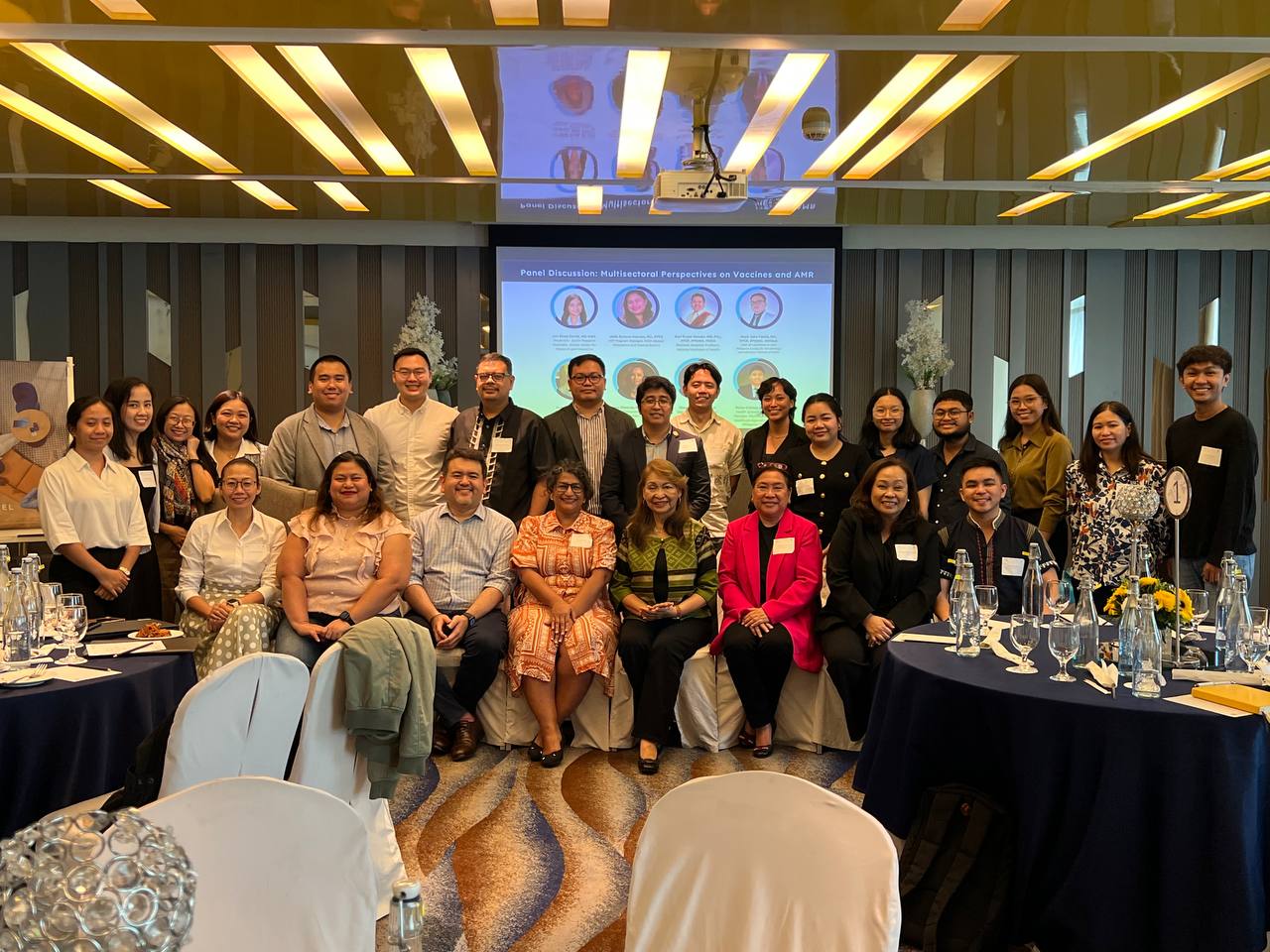
Managing Our Urban Ecosystems for Survival
An urban ecosystem is man-made. It is not natural in the way that mountains, forests and oceans are. Nonetheless, its four elements --land, air, waters and peoplemaintain a dynamic balance the poor management of which results in pollution, environmental deterioration and social problems.
Metro Manila is confronted with the environmental and social problems that accompany rapid industrialization and increase in population density. A 1990 study commissioned by the Asian Development Bank identified eight leading environmental problems. These are:
1. solid waste
2. slum areas
3. flooding
4. water pollution
5. air pollution
6. hazardous/toxic waste
7. destruction of naturBI resources
8. noise pollution.
These environmental problems occur for a variety of reasons; but oftentimes, these reasons include underlying social problems that extend beyond the city. For example, the increase in the number of squatters and slum areas is not only associated with inadequate housing facilities or the high cost of urban real estate but it is also a consequence of rural poverty, rural unemployment and the migration of the rural poor into fhe cities to seek their livelihood. Once established, slum areas in turn spin an ever-evolving web of social consequences.
Transactions of the National Academy of Science and Technology To solve the environmental problems of Metro Manila, we must address both the physical and social determinants which give rise to these problems. Resources need to be found to finance the infrastructure improvements for solid waste disposal, sewage, transport, social services and many others. Without doubt, long- term solutions must take into account the larger issues of poverty, social equity and good government.
-

The Unseen Link: Vaccines and Antimicrobial Resistance in the Philippine Context
Antimicrobial resistance is already claiming lives, and the global pipeline for new antibiotics is shrinking. In August 2025, experts gathered to explore a critical question: Can vaccines become a frontline weapon against AMR? The science is clear—by preventing infections, vaccines reduce antibiotic use and slow resistance. But translating this into action means confronting data gaps, political barriers, and financing challenges. As one expert noted: "When we vaccinate, we reduce the frequency of these diseases. That means fewer antibiotics—used and misused." With no country in the Global South yet integrating vaccines systematically into AMR strategies, the Philippines has a chance to lead—if stakeholders can move from consensus to action.
-

Advancing vaccine uptake to mitigate antimicrobial resistance (AMR) in low and middle-income countries of South or South-East Asia
This project explores how strengthening vaccine uptake can serve as a key strategy to mitigate antimicrobial resistance (AMR) in the Philippines and across South and South-East Asia. By reducing the burden of vaccine-preventable diseases and the unnecessary use of antibiotics, the study aims to provide actionable recommendations for national and institutional stakeholders to better integrate vaccination initiatives into AMR control efforts, ultimately contributing to stronger, more resilient health systems.
